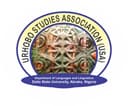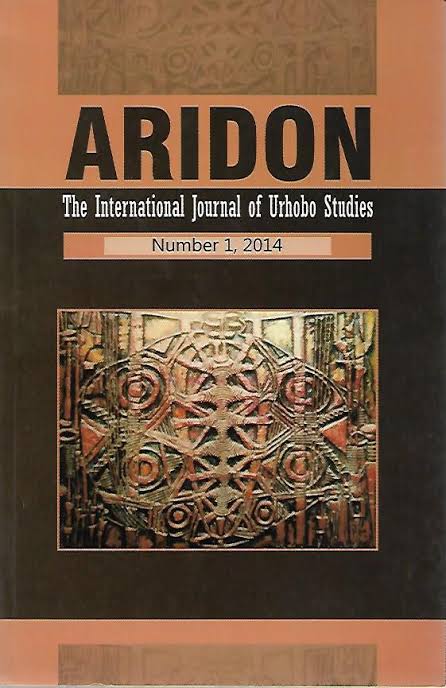Abstract
Recent studies in African literature and history (Chinua Achebe 2001; Cheikh Anta Diop 1991) show that the reconstruction and propagation of national identity are the leitmotif of literatures fostered by colonial and oppressive experiences. Ropo Sekoni (2008) argues that the central mission of literary narratives is to counter-balance one form of hegemony against another. He adds that whenever there is a dominant ideology or worldview, there will always develop discourses that contest the situation. Isidore Okpewho has done extensive work on how the Igbospeaking peoples of the western Niger Delta of Nigeria have employed oral narratives to reaffirm their history and cultural autonomy against the hegemonic claims of the old Benin Empire from the 16th century. This paper leans on these theoretical perspectives to examine how the self-determination struggles of the Niger Delta, the politics of oil and gas production, and the distribution of its advantages and adversities have shaped the ideological outlook of Urhobo popular musicians. In order to place the emerging tradition in perspective, the study provides a background of Urhobo cultural and historical experiences and how they have impacted on the aesthetic thoughts of the popular musicians. There is a brief account of the Urhobo people during British colonial rule (1900-1960), the impact of the petroleum economy from the late 1950s, and the place of music in the articulation of Urhobo national identity. The main body of the study highlights themes in Urhobo musical expression, the socio-economic conditioning of the subjects, the capitalist milieu and commercialisation of musical practice, and how the popular musicians have adapted to the social and technical pressures on their vocation. Songs used to illustrate these ideological battles are sourced from the repertoire of Urhobo musical maestros such as Omokomoko Osokpra, Ogute Ottan, J.C. Ogbiniki, Juju-Udjabor, Johnson Adjan, Okpan Arhibo, Nathaniel Oruma, Lucky Okwe, and Lady Rose Okirigwo of the Onorume Toroh Musical Ladies of Urhobo. The study reveals that music is a powerful instrument of indoctrination and communication of resistance against negative and hegemonic forces that tend to undermine Urhobo identity and values. The analysis of songs and nuances of performance also demonstrates that the poet-musicians are in the rank of Africa‟s postcolonial elite who employ the weapon of verbal arts to explore radical options of exit from the dilemmas that confront neo-colonial situations in the continent

